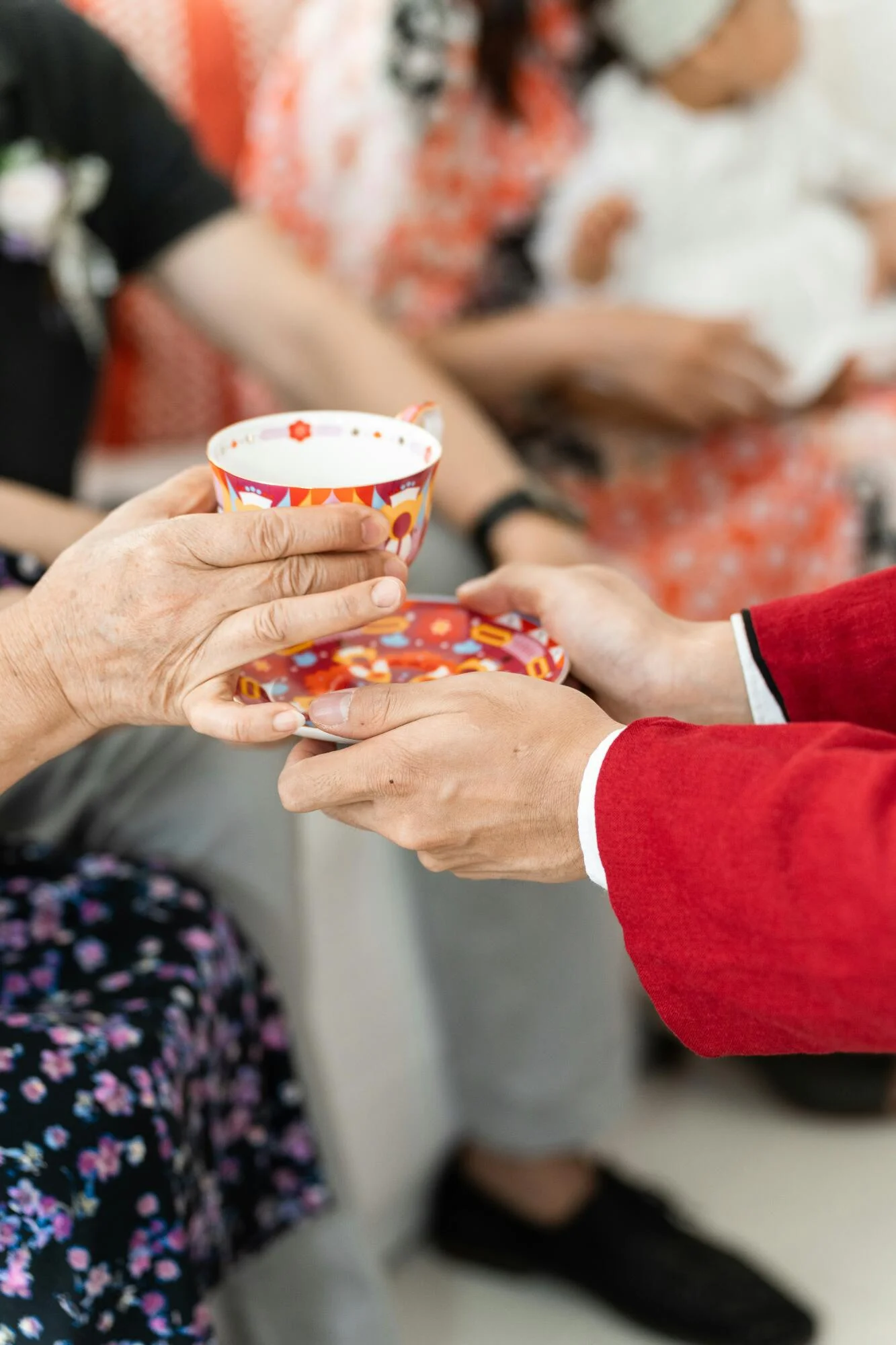Imagine sitting around a table, sharing stories and laughter with friends. For seniors, these social events can do more than just pass the time; they can greatly impact their health and happiness. Engaging in social activities is crucial for maintaining both physical and mental well-being, especially as we age. Let’s explore how participating in social events can enhance the health of seniors and why every moment spent with others counts.
Why Social Events Matter for Seniors
As people age, they might begin to feel isolated. This feeling can stem from various factors, like the loss of friends or decreased mobility. Attending social events helps combat this isolation.
Moreover, seniors who engage in social events are at lower risk for depression. It’s important for them to have connections and a sense of belonging. Whether it’s a neighborhood barbecue or a game night at a community center, these gatherings provide opportunities for connection and support.
Health Benefits of Socializing
The health benefits of being social go beyond just emotional wellness. Seniors who participate in social activities may experience a variety of physical health benefits.
For instance, staying active during social events can lead to improved cardiovascular health. When seniors engage in fun group exercises, they not only work out but also share smiles and laughter with others.
Additionally, being socially active can contribute to better cognitive function. Engaging in conversations, playing games, and participating in activities can keep the mind sharp. Seniors who maintain an active social life are less likely to develop cognitive impairments, such as dementia.
How to Encourage Social Well-Being
Fostering social well-being is essential for seniors. Family members and caregivers can play a significant role in this process.
One way to do this is by organizing or encouraging participation in local events aimed at seniors. For example, joining a book club or attending art classes together can introduce seniors to new friends and activities.
Community centers often host various events tailored for older adults. It’s beneficial to explore these options and find activities that match the interests of seniors. Whether it’s crafting, gardening, or dancing, the key is to make these events accessible and enjoyable.
Making Events Senior-Friendly
When it comes to organizing social events, accessibility is crucial. Seniors may have different needs that must be considered. Venues should be easy to navigate, with seating available for those who need to take breaks.
Food is another essential factor. Offering meals that cater to dietary restrictions can make a huge difference.
For example, healthier food options are beneficial, and accommodating those with diabetes or allergies is vital for everyone to enjoy the meals. By planning with care, organizers can ensure that everyone feels included and appreciated.
Creative Social Events to Consider
Creating opportunities for connection can be fun and rewarding. Planning exciting and inviting events helps seniors feel valued and included.
Consider hosting seasonal gatherings, holiday celebrations, or themed parties. One great idea is to incorporate senior-friendly Labor Day ideas that focus on enjoyable activities and socializing.
Workshops, music nights, and picnics are excellent ways to bring seniors together. Fun activities not only raise spirits but can also maximize enjoyment. Keeping the events diverse helps to cater to varying interests and preferences among seniors.
Bringing It All Together
Seniors thrive when they are connected. Engaging in social events positively influences their mental and physical health, reducing feelings of loneliness. Families and communities can uplift seniors by encouraging participation in diverse activities tailored to their needs.
Check our website for more.
Don’t miss our top story—expert tips and trends crafted for your success.

